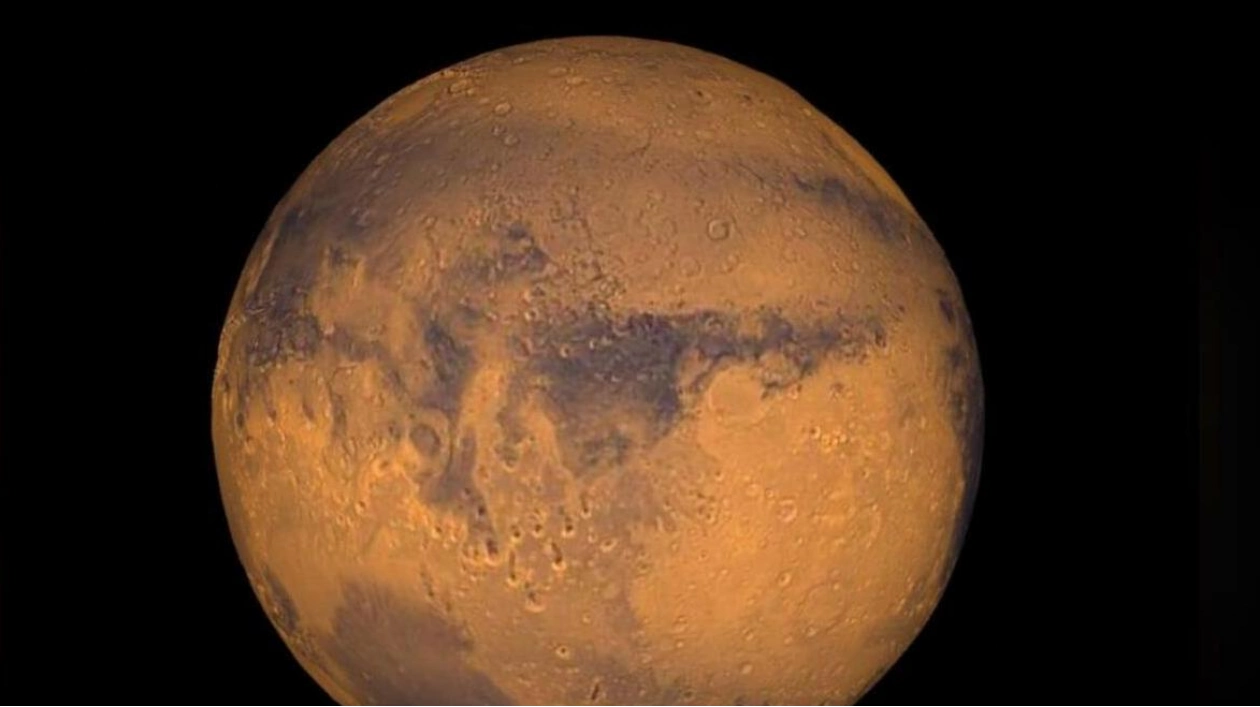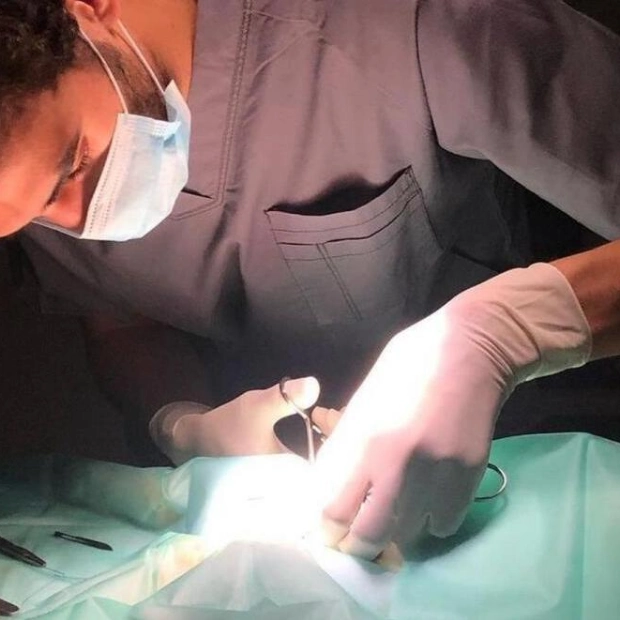South Korea's ambitious plan involves making a Mars landing by 2045 and allocating 100 trillion won ($72.6 billion) for space exploration, as announced by President Yoon Suk-yeol at the inaugural event of the country's first space agency. The Korea Aerospace Administration (Kasa) is set to spearhead the nation's 'space economy,' with numerous businesses and enterprises collaborating to elevate South Korea among the world's leading five spacefaring nations.
According to Yoon, Kasa will pave the way for a new era in space exploration by nurturing experts, providing extensive support for the aerospace industry ecosystem, and promoting daring and innovative R&D initiatives. The country also has plans to execute its first lunar landing by 2032.
With the launch of the Nuri rocket and the successful placement of a commercial grade satellite in orbit last year, South Korea joined the ranks of nations with indigenous space launch vehicle and satellite development capabilities. The establishment of the Korea Aerospace Administration aims to consolidate policy and development efforts previously distributed across various government ministries and incorporate the aerospace research institute responsible for the Nuri and its predecessor space launch vehicles.
South Korea has outlined plans for at least three additional space launches by 2027, including the deployment of military satellites. Notably, this initiative underscores the growing dedication of Asian countries to advancing their space programs for practical purposes and national pride, mirroring similar efforts by other nations in the region.
While North Korea's recent rocket launch faced challenges, it signals the country's substantial progress in space endeavors, despite facing stringent sanctions. Meanwhile, China, Japan, and India have also made significant strides in space exploration, reflecting a global trend of increased focus and investment in extraterrestrial endeavors.






